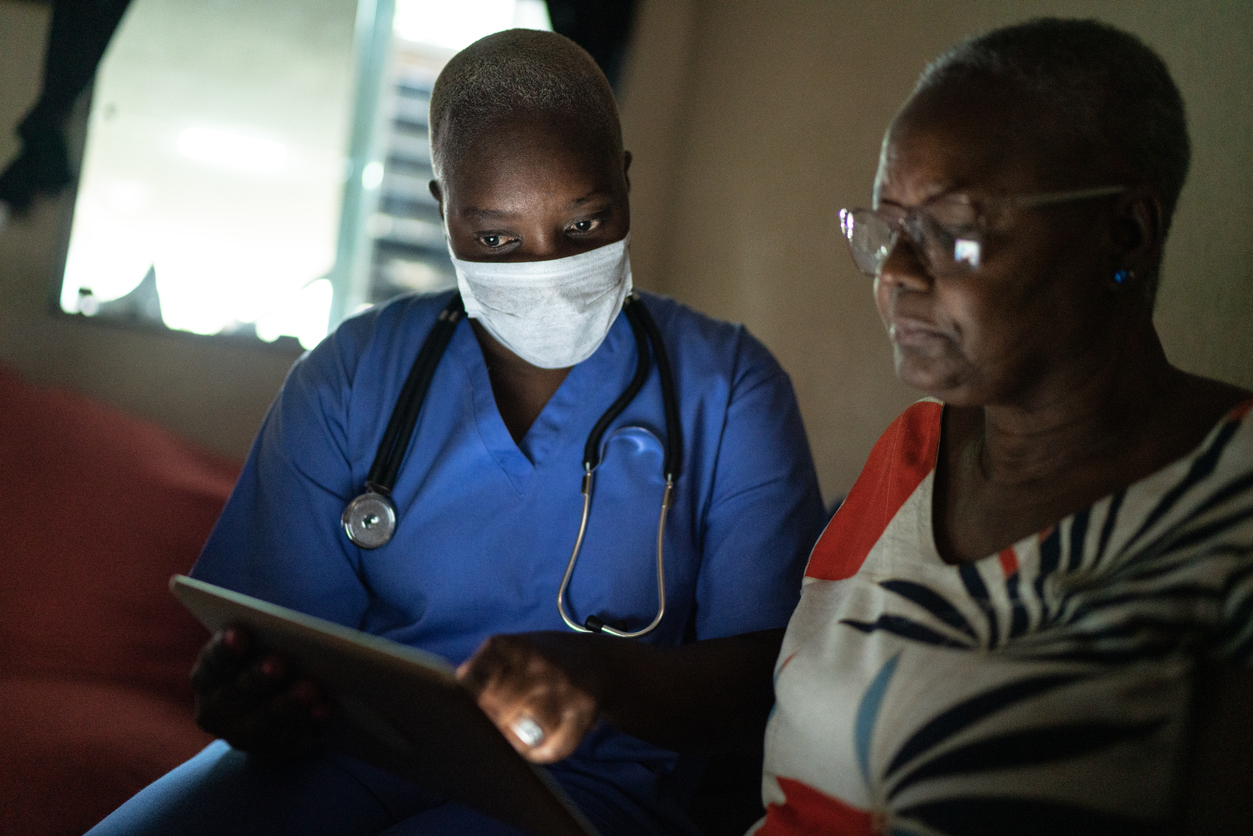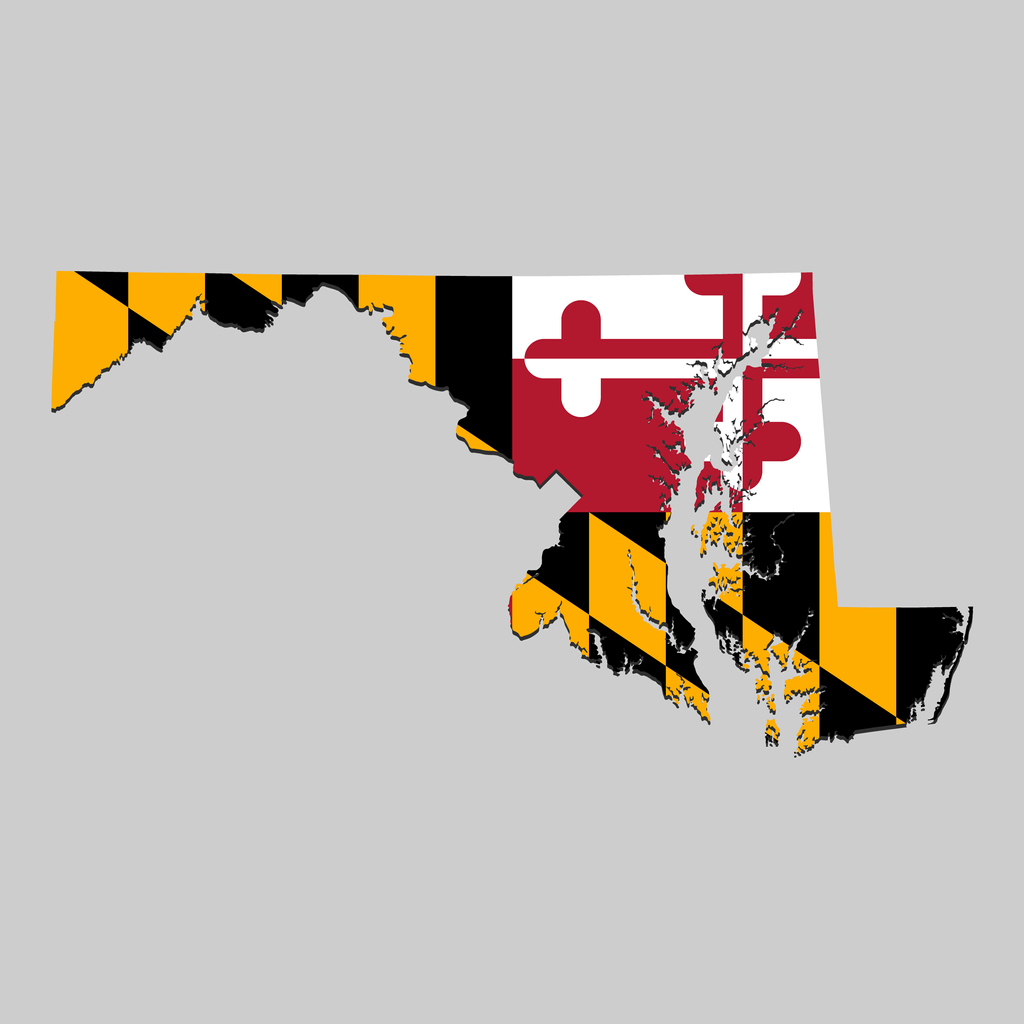With CMS targeting 100% accountable care for Medicare enrollees, Medicare Advantage is poised for even faster growth.
What Hospitals Need to Know About Medicare Advantage Growth
Nikki Murdoch |Hospital at Home: A Valuable Tool for Transformation
Nikki Murdoch |A PHE waiver gave a huge boost to the Hospital at Home model, which shows great promise for advancing the “healthcare trifecta.”
Mobile Integrated Healthcare: A Valuable Tool for Healthcare Transformation
Nikki Murdoch |Bolstered by CMS payment incentives, mobile integrated healthcare is reducing ED visits and improving population health.
The Maryland Model (Part 3): Lessons Learned from Maryland’s Payment Models
Rachel Mandel, MD |Maryland’s experiment with healthcare transformation has been encouraging but not perfect. Here are some of the biggest lessons learned.
The Maryland Model (Part 2): Understanding How Maryland’s Payment Models Work
Rachel Mandel, MD |In the second of our three-part series, we examine how Maryland’s unique payment models work – and what other states can learn.
The Maryland Model (Part 1): Understanding Maryland’s Medicare Waiver
Rachel Mandel, MD |Maryland’s Medicare waiver is getting national attention as CMS rolls out its new AHEAD model. Here are the essentials you need to know.
The Cardiovascular Services Revolution: How Will This Impact Your Bottom Line?
With CMS targeting 100% accountable care for Medicare enrollees, Medicare Advantage is poised for even faster growth.
Why the Outcome of the Election Doesn’t Matter
Devastation of Site-Neutral Payment: October 2020 Update
With CMS targeting 100% accountable care for Medicare enrollees, Medicare Advantage is poised for even faster growth.
Ascendient’s Healthytown Model Forecasted Today’s Healthcare Transformation
With CMS targeting 100% accountable care for Medicare enrollees, Medicare Advantage is poised for even faster growth.
Principles of Transformed Payment [VIDEO]
With CMS targeting 100% accountable care for Medicare enrollees, Medicare Advantage is poised for even faster growth.
Medicare Wall [VIDEO]
With CMS targeting 100% accountable care for Medicare enrollees, Medicare Advantage is poised for even faster growth.




